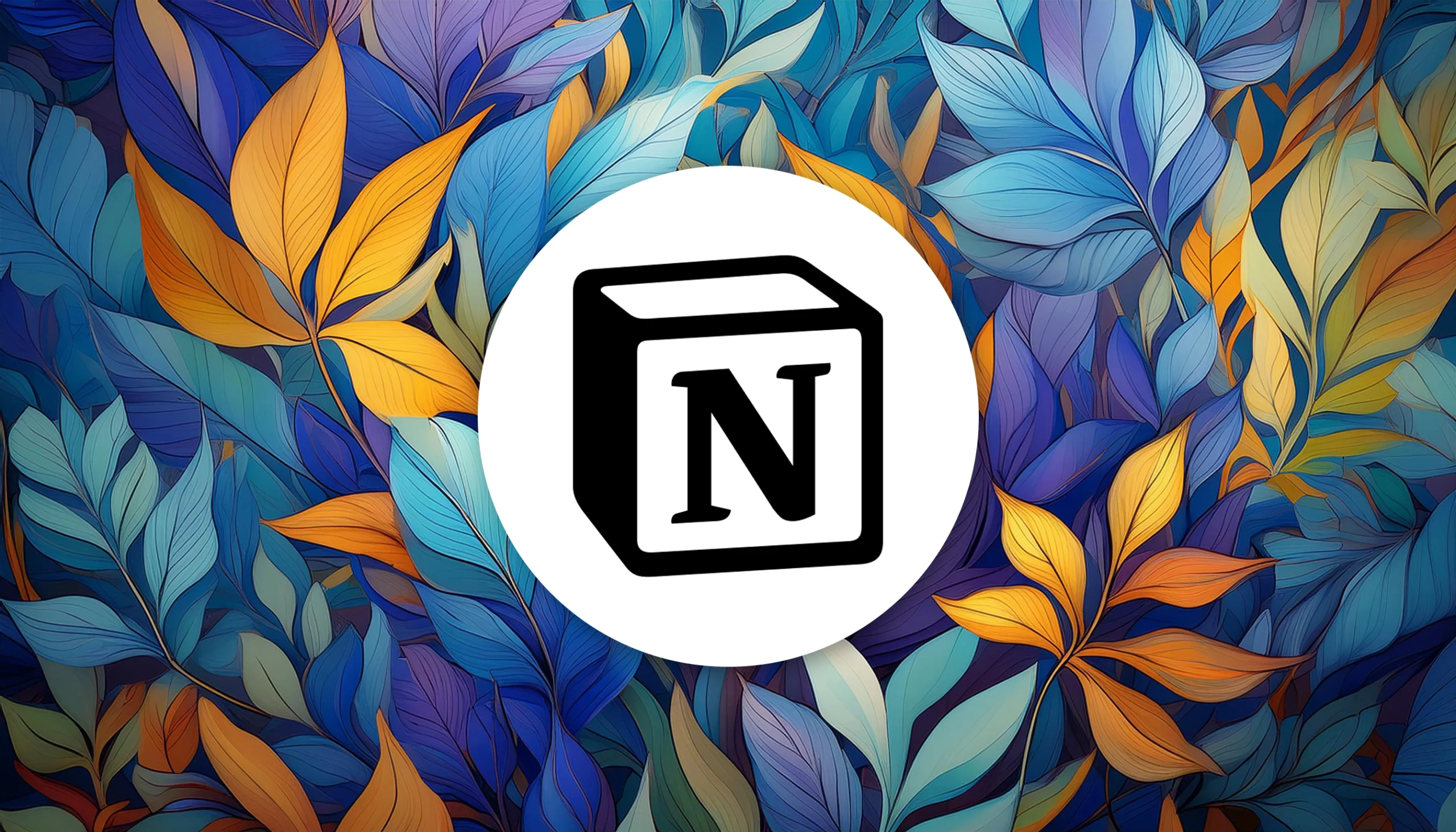Your cart is currently empty!
Crawlers are a foundational part of how the web works. They are essential for search engines and AI models to function, as they’re the tools that explore the web and report back with updates. This quick guide covers the basics of web and search engine crawlers.
What are Web Crawlers?
Web crawlers, also known as spiders or bots, are software programs that browse the internet methodically and automatically. They are primarily used by search engines to index web pages and update their web content or indices of other sites’ web content.
How Web Crawlers Work
The process of web crawling can be broken down into these basic steps:
- Starting Point: The crawler requires a list of URLs as its starting point. This list can come from previous crawls or be defined manually.
- Visiting & Downloading: The crawler visits each URL and downloads the content of the page, which usually includes HTML, metadata, and other linked resources.
- Content Analysis: Once the page is accessed, the crawler examines the content and identifies links (URLs) to other pages.
- URL Queue: These newly discovered URLs are then added to a list (queue) of pages to be visited next.
- Continued Crawling: The process is repeated for each new URL in the queue.
- Respecting Rules: Websites can have a robots.txt file that provides guidelines on what pages or content can be crawled or should be left out. Respectful web crawlers will follow these directives.
Why Are Web Crawlers Important?
Here are a few of the top reasons:
- Indexing the Web: The primary purpose of most crawlers, especially those used by search engines like Google, Bing, or DuckDuckGo, is to index the content of the web. Indexing ensures that users receive relevant results quickly when searching for information.
- Data Retrieval for Research: Some crawlers gather data for research purposes, studying the structure of the web, or changes in websites over time.
- Content Aggregation: Web crawlers can fetch articles, posts, or news from various sources for content aggregators or websites.
- Monitoring & Auditing: Businesses can use web crawlers to monitor their digital presence, check for broken links, track changes on competitor websites, or ensure compliance with content standards.
Web Crawlers and SEO
Understanding web crawlers is crucial for search engine optimization (SEO). Here are some ways to make a website more crawler-friendly:
- Create a Sitemap: A sitemap is a file where you can list the web pages of your site to inform search engines about the organization of your site content.
- Use Robots.txt: This file tells crawlers which pages or files the crawler can or can’t request from your site.
- Optimize Page Speed: Web crawlers allocate a specific budget to each website for crawling. If your site loads slowly, crawlers can index fewer pages using their allocated budget, which could negatively affect your indexation. Speed up your pages when possible.
- Use Internal Linking: Properly linking your content helps web crawlers understand the structure of your website, ensuring all pages get crawled and indexed.
- Mobile Optimization: As Google uses mobile-first indexing, ensuring your website is mobile-friendly is crucial for successful crawling and indexing.
Notable Crawlers
While numerous crawlers exist, a few stand out in the world of SEO. Some of the most notable ones:
- Googlebot: The crawler for the world’s dominant search engine, Google. Googlebot is critical in determining how web pages rank on Google’s search engine results page.
- Bingbot: Bing relies on Bingbot to explore the web. Though Bing’s market share is smaller than Google’s, it remains an important player in search, especially since it powers web browsing with AI tools like ChatGPT.
- GPTBot: OpenAI’s bot for improving their models, like GPT-4 and others.
- Baiduspider: With Baidu being the top search engine in China, its spider is key for websites targeting the vast Chinese market. It ensures that content is indexed and available to Chinese users.
- Yandex Bots: As the primary web crawler for Russia’s leading search engine, these bots are crucial for content visibility within the Russian-speaking audience.
- DuckDuckBot: Associated with the privacy-focused search engine DuckDuckGo, DuckDuckBot respects user privacy rules and doesn’t store personal data.
These web crawlers play a foundational role in how content is discovered and presented on the internet. Recognizing their functions and optimizing for them can vastly improve a website’s visibility and reach.
Bottom Line
Web crawlers significantly affect how your website interacts with search engines. They help search engines discover, index, and rank your website, which can affect your site’s visibility in search engine results.
If you optimize your website for web crawlers, you can improve its SEO performance and increase its online visibility. ?
Topics






